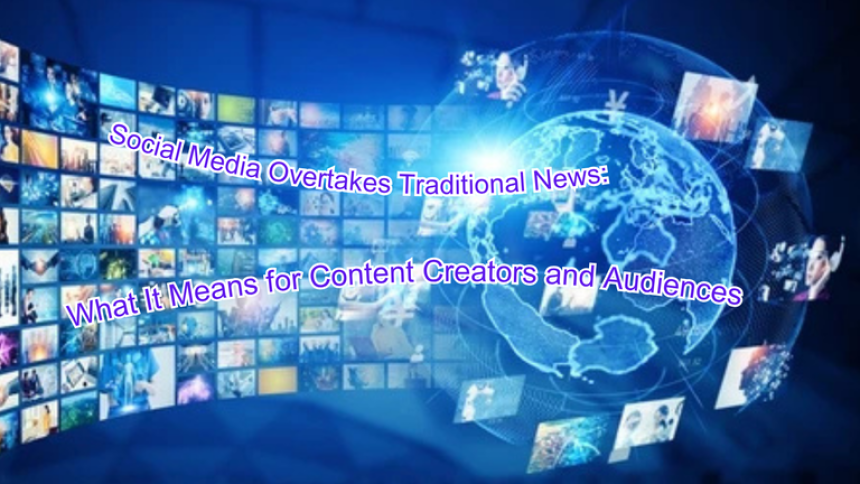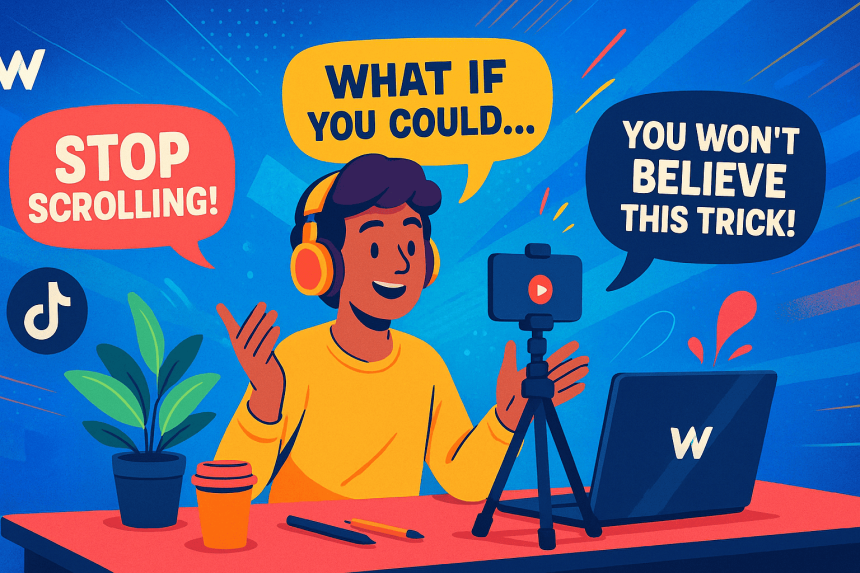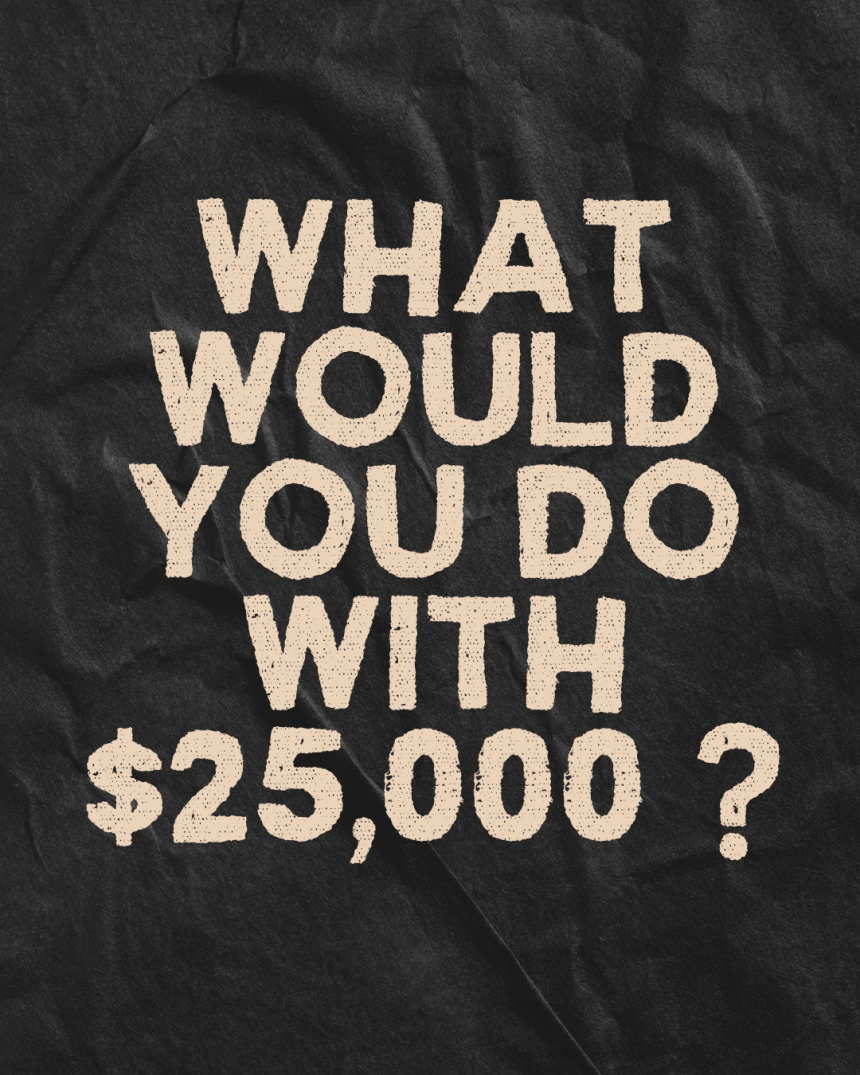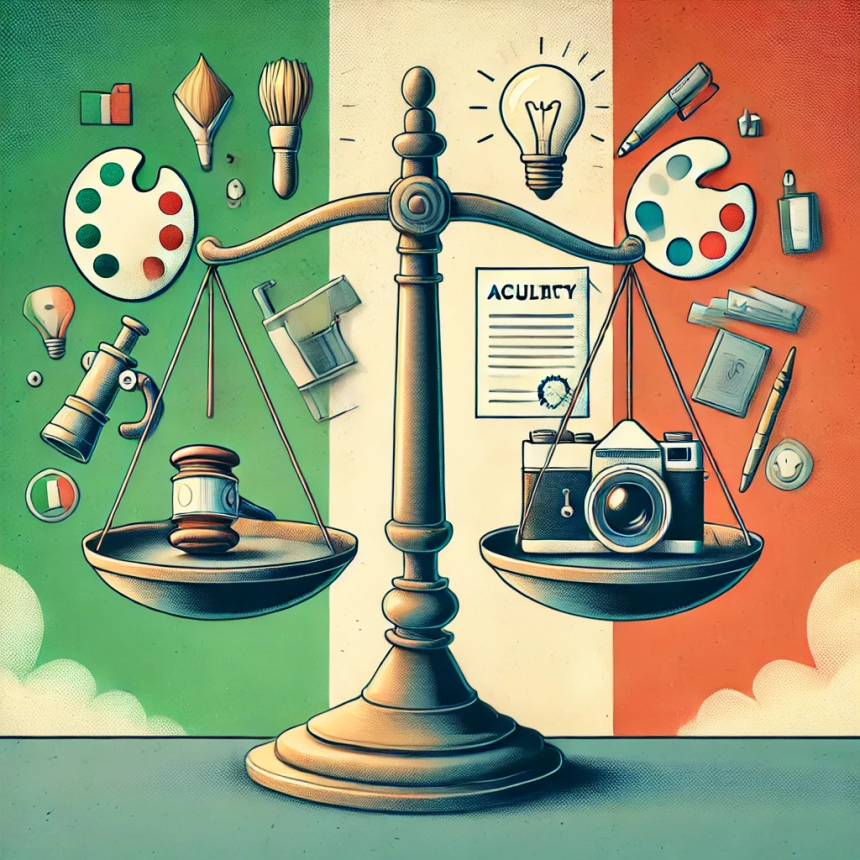
Academic Legal Minds Rally Behind Authors in Meta AI Copyright Case
Authors vs. Meta: The AI Copyright Lawsuit Shaping the Future of Creative Rights
A high-profile lawsuit, Kadrey v. Meta, is testing the boundaries of copyright law in the age of artificial intelligence. Authors Richard Kadrey, Sarah Silverman, and others allege that Meta (formerly Facebook) infringed their copyrights by using their books to train its LLaMA AI model without permission. The case, filed in the Northern District of California, has become a focal point for debates over AI, fair use, and the rights of creators.
As technology continues to develop, protecting the rights of creators is crucial. The legal community's support will be key to safeguarding our rights to maintain ownership of our creations.
Key Developments in the Case
- Partial Dismissal, Key Claims Survive: Judge Vince Chhabria dismissed several state-law claims (unfair competition, unjust enrichment, negligence) as preempted by federal copyright law, and rejected the theory that the LLaMA model itself is an infringing derivative work. However, the court allowed the core claim of direct copyright infringement to proceed, as well as allegations that Meta violated the Digital Millennium Copyright Act (DMCA) by removing copyright management information (CMI) from the authors’ works1357.
- DMCA Claims Move Forward: The court found that the authors plausibly alleged Meta removed CMI to conceal the use of copyrighted material in AI training, which could constitute a concrete injury and a violation of the DMCA. This aligns with similar claims in lawsuits against other AI companies, such as OpenAI357.
- Meta’s Fair Use Defense: Meta argues that using copyrighted works for AI training is “transformative” and falls under fair use, claiming the AI does not reproduce or replace the original works. The court has not yet ruled on the merits of this defense, but the outcome could set a major precedent for the tech industry57.
Broader Legal and Policy Context
- Copyright Office Guidance: The U.S. Copyright Office’s 2025 report reaffirms that only works with substantial human creative input are eligible for copyright protection. Purely AI-generated works, without meaningful human authorship, are not copyrightable. This distinction is crucial as courts and policymakers grapple with how to treat AI-assisted and AI-generated content68.
- Industry and Legal Reactions: Legal scholars and industry groups have filed amicus briefs supporting the authors, warning that broad fair use claims by AI companies could undermine the value of creative works and disrupt established markets. The Association of American Publishers, for example, argues that a robust licensing market for AI training already exists and should be respected.

Implications for AI, Creators, and the Law
- For AI Developers: If the court rules against Meta, AI companies may need to license copyrighted materials for training, increasing costs and complexity. A ruling in Meta’s favor could allow broader use of copyrighted works under fair use, accelerating AI development but raising concerns for creators.
- For Creators: The case highlights the need for clear legal protections and possibly new legislation to ensure that authors and artists are compensated when their works are used to train AI.
- For Copyright Law: The lawsuit underscores the tension between technological innovation and the rights of creators. The outcome could influence future cases, legislative reforms, and the development of best practices for AI training and content generation.
The Kadrey v. Meta lawsuit is a bellwether for how courts, creators, and tech companies will navigate the intersection of copyright and artificial intelligence in the years ahead.
---Articles Referenced in this Blog---
Loeb & Loeb LLP: Kadrey v. Meta Platforms, Inc.13
TechCrunch: Judge allows authors' AI copyright lawsuit against Meta to move forward5
CCN: Meta vs. Kadrey Sets Precedent for AI Copyright Battles7
U.S. Copyright Office: 2025 Report on Copyrightability of AI Works8
ItsArtLaw: Recent Developments in AI, Art & Copyright
******************************************
About the Author
Nikki Lopez is a seasoned professional with over a decade of experience in the startup world, specializing in leveraging creative content and community building to empower content creators. Known for a strategic approach and a deep understanding of audience needs, Nikki has a proven track record of leading the development of engaging content strategies and guiding the growth of thriving communities. Her leadership focuses on fostering meaningful interactions and impactful journeys for both creators and their audiences.





